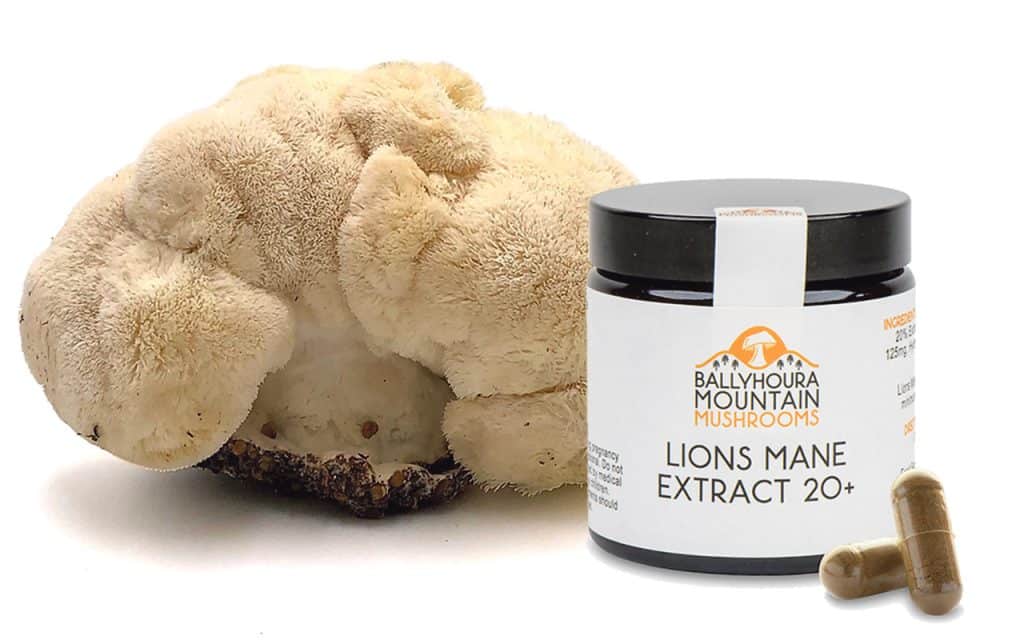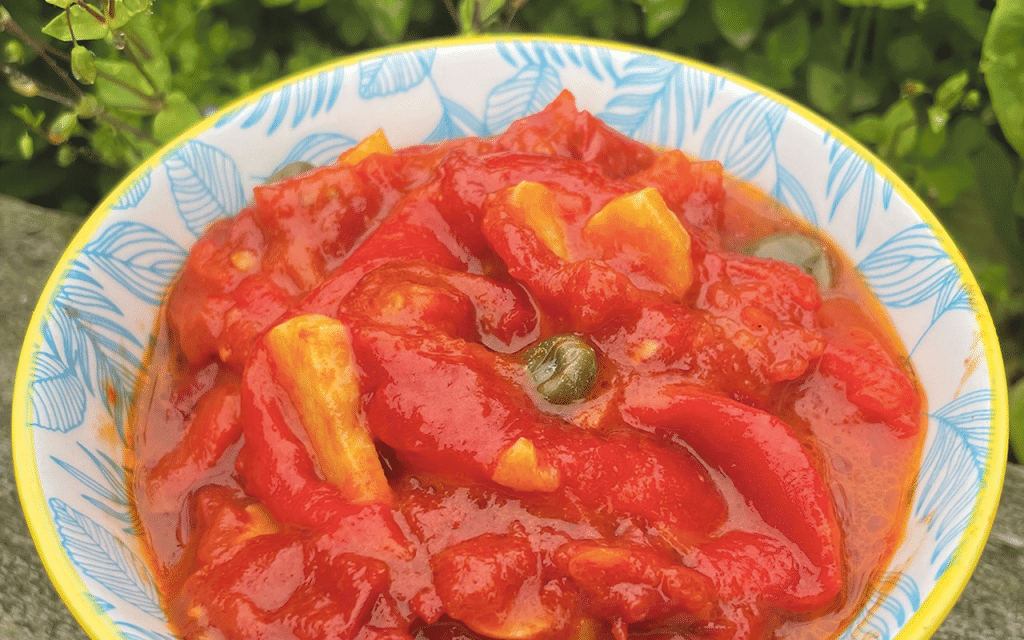
“Have you tried taking Lion’s Mane yet?” is a common question among my female friends these days. Menopause is a hot topic (pardon the pun!), so a mushroom said to reduce brain fog and anxiety, boost energy, and improve sleep fits right into our conversations. Overall, the feedback from women taking the supplement is positive, so I decided to look into what all the buzz is about.
Lion’s Mane mushrooms are large, white, and shaggy, resembling a lion’s mane as they grow. They have a long tradition of medicinal use in Asian countries, which is always a good sign—they wouldn’t have been used for so long if there weren’t significant benefits.
These mushrooms contain active substances with numerous beneficial effects on the body, especially the brain, gut, heart, and menopause symptoms. Various studies also reference Lion’s Mane having anti-osteoporosis compounds, which is of great interest to me.
Regarding menopausal symptoms, Lion’s Mane could offer benefits in several ways. It contains phytoestrogens, specifically isoflavones daidzein and genistein, which may help reduce menopausal symptoms like hot flashes and night sweats.
Human studies are rare, but I found a Japanese randomised double-blind placebo study examining Lion’s Mane’s impact on moods in women transitioning into menopause. Participants were given four cookies daily for four weeks, with each treatment cookie containing 500mg of Lion’s Mane. The study found Lion’s Mane significantly reduced menopausal anxiety and depression compared to the placebo. Other findings included reduced palpitations, less frustration, increased concentration, and improved sleep quality.
I also found research indicating that Lion’s Mane has anti-osteoporotic qualities, suggesting a potential role in long-term bone health. Hopefully, more research will be conducted in this area soon.
The benefits highlighted by this research might explain why so many peri – and postmenopausal women – are trying Lion’s Mane and reporting positive effects. While it’s hard to pinpoint exactly why, there seems to be an overall sense of better balance, both physical and emotional. To determine if it will benefit you, I would suggest taking the supplement for at least three months and keeping daily notes on how you feel.
Lion’s Mane is most often available as a food supplement, in powders or capsules. Even better, the most popular Lion’s Mane products we stock at Organico are grown and processed in Ireland.
While many medicinal mushrooms come from China, we prefer to source closer to home, especially for food supplements. We were delighted to find a mushroom grower in Co. Limerick who produces high-quality supplements.
Ballyhoura Mushrooms started as a supplier to restaurants and offers a fantastic range of Risotto Meal Kits, dried mushrooms, oils, and vinegars. They also grow and process ‘medicinal’ mushrooms like Reishi, Cordyceps, Shiitake, Maitake, and Lion’s Mane.
You can even buy fresh Lion’s Mane from Ballyhoura online, which I recently did. A kilo box is quite a lot, so you need a plan! We made a delicious staff lunch at Organico by simply sautéing the mushrooms in butter with garlic and parsley. It’s totally delicious, and I recommend trying it – there are lots of recipes online.
When you take Lion’s Mane as a supplement, you can choose between a powder, which can be added to soups or smoothies, or an extract in capsules for a stronger effect.
Apart from helping with menopausal symptoms, why might you want to take Lion’s Mane? It’s also thought to help protect against dementia. As we age, the brain’s ability to grow and form new connections declines, which may explain worsening mental function in many older adults. Studies have found that Lion’s Mane contains compounds called hericenones and erinacines that can stimulate brain cell growth.
Additionally, animal studies suggest Lion’s Mane may help protect against Alzheimer’s disease, which causes progressive memory loss. A 2020 study of people with mild Alzheimer’s disease found that one gram of Lion’s Mane daily for 49 weeks significantly improved cognitive test scores compared to a placebo. However, most research has been conducted on animals or in test tubes, so more human studies are needed. Since dementia and Alzheimer’s run in my family, I’m taking Lion’s Mane every day while the research continues!
Another area where Lion’s Mane can be helpful is gut health. It contains prebiotics that support the immune system and promote healthy bacteria in the digestive system, preventing the growth of H. pylori, a bacteria that can cause stomach ulcers. A 2019 non-human study showed that Lion’s Mane might help treat ulcers.
We know that gut health is linked to immunity. When your gut microbiome is healthy, your immune system works better. Lion’s Mane appears to reduce inflammation in the gut, so it might be helpful for conditions like Crohn’s Disease and IBS.
In animal studies, Lion’s Mane has been shown to normalise cholesterol levels and protect against blood clots by thinning the blood, hence it could be beneficial for heart health.
So all in all there’s a lot of reasons to take a good look at Lions Mane. You’ll find it in your local Health Food Shop, or if you don’t have a shop near you, we have both the powder and the capsules on our online shop.
Organico Shop Deli and Bakery is open from 9 – 6pm, Monday – Saturday, on Glengarriff Road in Bantry. Call us on 027 51391; email us on info@organico.ie and buy online from us on www.organico.ie.



